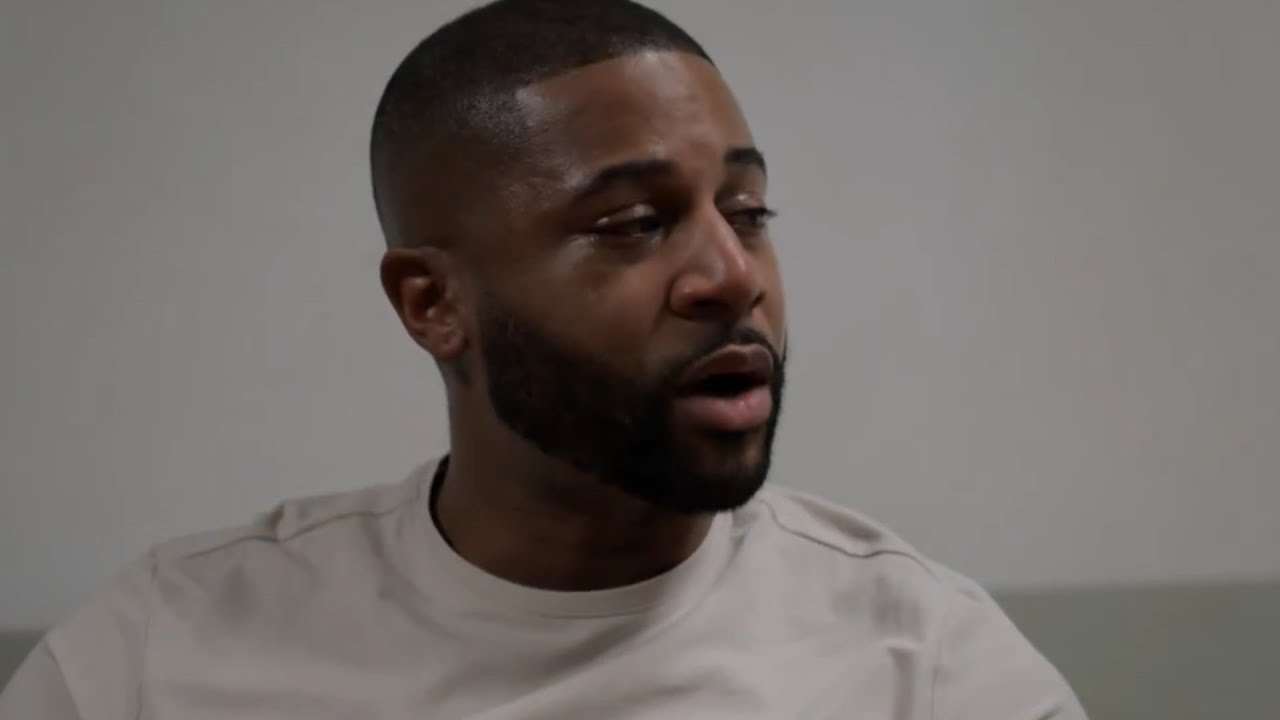Tyler Perry's Zatima & Sistas
Tyler Perry’s Zatima | Season 3 Episode 11 Review: Actions And Consequences
This commentary offers a deep dive into Zima Season 3, Episode 11, aptly titled “Actions and Consequences,” alongside insightful observations about the series. Here’s a breakdown of the key points covered:
- Holiday Context and Setup: The presenter humorously establishes the setting, blending the holiday vibe with a shift into discussing the highly anticipated episodes. This casual introduction bridges the gap between seasonal festivities and the intense drama of Zima.
- Episode Highlights and Rating: The episode garners a rare 10/10 score, with praise for its tension and pacing. The presenter emphasizes how Episode 11 represents a turning point for the season, showcasing the aftermath of Zach’s explosive confrontation with his brother Jeremiah.
- Easter Eggs and Continuity: An astute observation connects the officer interrogating Zach in Zima with a similar character from Sisters. This demonstrates attention to detail and sparks speculation about shared universe possibilities or actor reuse.
- Character Interactions:
- The altercation between Deja and Fatima is analyzed, particularly the irony of Deja accusing Fatima of acting “hood,” given Fatima’s earlier destructive actions.
- Preston and Bryce’s interaction showcases a pivotal moment of boundary-setting in their business relationship, adding depth to Preston’s character.
- Themes of Responsibility and Justice:
- Zach’s refusal to engage with the officer’s provocations highlights his steadfastness, even under pressure.
- Fatima grapples with her emotions at the police station, showcasing her inner conflict and dedication to Zach despite the tumultuous circumstances.
- Supporting Characters and Subplots:
- Angela and Fatima’s conversation reveals practical legal obstacles while underscoring Angela’s supportive role.
- Nathan’s appearance at Belinda’s place introduces financial stakes and adds a layer of realism to the narrative.
- Narrative and Cultural References: The presenter cleverly ties pop culture, like Friday After Next, into the discussion, using humor to provide perspective on characters’ financial struggles.
Strengths of the Review:
- Engagement: The presenter’s energy and humor keep the audience invested.
- Contextual Insights: Observations about continuity, character development, and legal realism add value.
- Honesty: Acknowledgment of potentially unpopular opinions enhances authenticity.
Areas for Improvement:
- Conciseness: The review occasionally veers into lengthy tangents, which might lose some viewers.
- Focus on Key Plot Points: A more streamlined summary of Episode 11’s primary events could enhance clarity.
This commentary serves as both a detailed recap and an engaging critique, making it a valuable resource for fans of Zima.
Summary of the Scenario:
- The Setup: A character brings someone (Jeremiah) into another’s home without consent, leading to theft and destruction, including rent money being stolen.
- The Fallout: Jeremiah ends up beaten and hospitalized, prompting mixed emotions about whether anyone is obligated to feel sympathy for him. His theft and addiction contribute to the chaos.
- Broader Context: In the show (as referenced), Fatima and Zach’s relationship faces severe strain. Zach’s actions to protect Fatima from Jeremiah result in his arrest. However, Fatima’s focus is on her anger and disappointment in Zach, not the broader issue of Jeremiah’s behavior or addiction.
Key Questions Raised:
- Is Sympathy Obligatory?
This scenario explores the limits of empathy. Should one feel sympathy for someone (Jeremiah) whose actions caused harm, even if those actions stemmed from addiction? Or is it justifiable to prioritize self-preservation and anger over compassion? - Responsibility and Boundaries:
Zach is held accountable for his impulsive actions, but the broader system of enabling Jeremiah isn’t addressed. Should more responsibility lie with those who enabled Jeremiah or with Zach for losing control? - Moral Ambiguity in Justice:
Much like the Joker analogy, the idea of feeling relief or indifference when harm comes to a harmful person raises the debate about moral responsibility versus natural emotional responses. This reflects broader societal dilemmas on justice and forgiveness. - Gendered Expectations in Relationships:
Fatima’s focus on Zach breaking promises and “throwing everything away” suggests a recurring theme of one partner’s emotional labor being undervalued. Is it fair to expect Zach to shoulder all emotional responsibility while ignoring the systemic problems that led to the situation?
Themes Explored:
- Addiction’s Ripple Effect:
Jeremiah’s addiction not only harms him but creates a web of suffering, affecting everyone around him. It raises the question of how society should support addicts while protecting victims. - Conflict Avoidance and Enabling:
The choice to hide Jeremiah and avoid addressing his behavior directly reflects a tendency to prioritize short-term peace over long-term solutions, which ultimately exacerbates issues. - The Weight of Emotional Labor:
Zach feels his sacrifices and efforts are dismissed, while Fatima focuses on how his actions impact her. This imbalance highlights the complexities of emotional support in relationships. - Justice and Emotional Complexity:
Zach’s arrest and the broader lack of accountability for those enabling Jeremiah reflect how justice systems and interpersonal dynamics often fail to address root causes, focusing instead on immediate blame.
Reflections and Opinions:
- On Sympathy:
Not feeling bad for Jeremiah isn’t inherently wrong, especially given his harmful actions. However, understanding his addiction’s role might allow for a nuanced perspective without excusing his behavior. - On Fatima and Zach:
Their conflict reflects real-life struggles where partners clash over expectations, emotional needs, and responses to crises. Both characters have valid emotions, but the lack of mutual understanding and support escalates tensions unnecessarily. - On the Writing:
The show’s choice to focus on Zach’s perceived failure without addressing the systemic enablers of Jeremiah’s behavior creates a frustrating imbalance. It risks oversimplifying complex issues for dramatic tension.
Conclusion:
This scenario from the show delves into nuanced moral, emotional, and societal questions. While the characters’ actions and responses may polarize audiences, they open discussions about empathy, justice, and relational dynamics. Balancing accountability and compassion is key to resolving such conflicts, both in fiction and real life.







